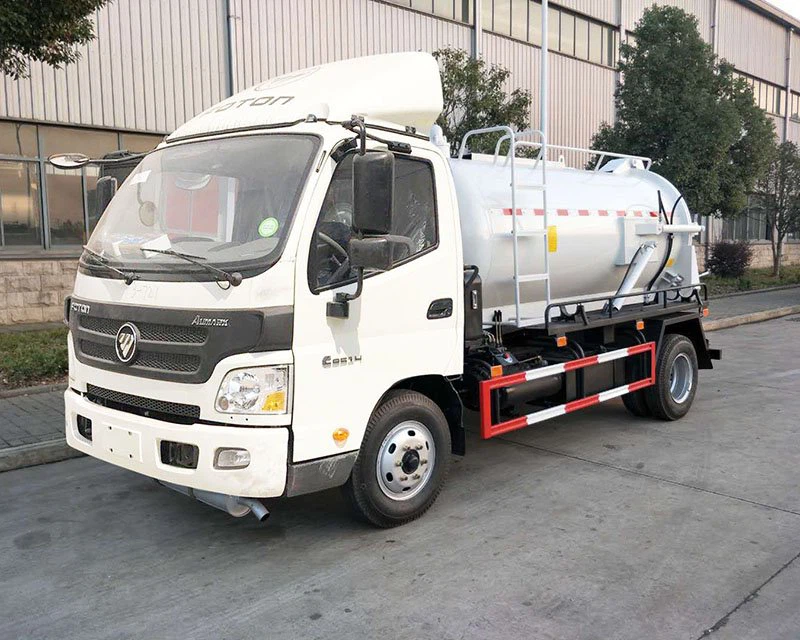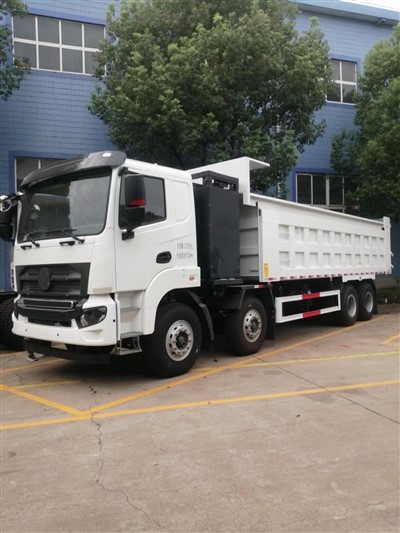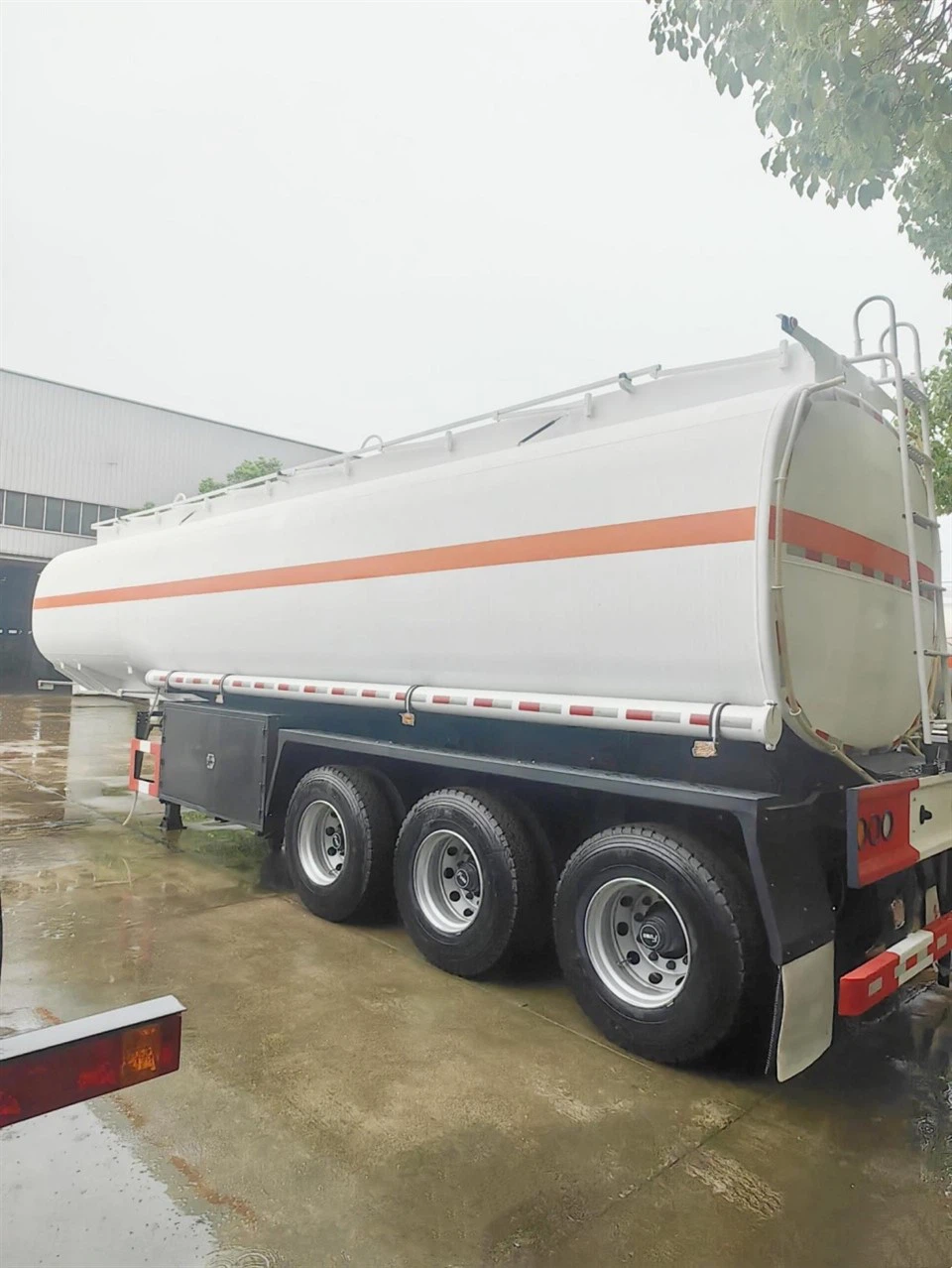Flatbed Isuzu: The Ultimate Guide to Choosing and Maintaining Your Truck

Introduction
The flatbed Isuzu truck has solidified its place as a reliable workhorse in various industries, thanks to its robust design and versatility. Known for its ability to transport heavy loads efficiently and safely, the flatbed Isuzu is the go-to choice for businesses ranging from construction to logistics. In this comprehensive guide, we will explore the features, advantages, types, maintenance tips, and more related to flatbed Isuzu trucks.
The Basics of Flatbed Isuzu Trucks
What is a Flatbed Isuzu Truck?
A flatbed Isuzu truck is a vehicle that features a flat, clear platform without sides or a roof, which allows for easy loading and unloading of various cargo types. This design is particularly beneficial for transporting oversized items that may not fit in a traditional enclosed truck.
Key Features of Flatbed Isuzu Trucks
- Strength and Durability: Constructed with high-quality materials to withstand heavy loads.
- Versatile Design: Capable of transporting a wide range of goods, from machinery to building materials.
- Customizable Options: Various configurations can be customized according to business needs.
- Fuel Efficiency: Engine performance is optimized for increased fuel economy.
Popular Models of Flatbed Isuzu Trucks
Isuzu N-Series
The Isuzu N-Series is renowned for its reliability and is available in 16 different configurations, ranging from 12,000 to 19,500-pound GVWR. This model provides a strong flatbed option for those needing to transport smaller equipment and materials.
Isuzu F-Series
For heavier loads, the Isuzu F-Series trucks offer enhanced strength with GVWR options up to 33,000 pounds. These trucks are ideal for large cargo operations, making them a favorite among construction and logistics companies.
Isuzu H-Series
The H-Series trucks are designed for maximum load capacity and are perfect for transporting pallets, construction equipment, and more. With a range of features focused on performance, the H-Series is tailored for heavy-duty applications.
Advantages of Using Flatbed Isuzu Trucks
Efficiency in Loading and Unloading
The flatbed design allows for efficient movement of goods, especially when using forklifts or cranes. This can significantly reduce the time spent loading and unloading cargo, thus increasing operational efficiency.
Cost-Effectiveness
Thanks to their fuel efficiency and lower maintenance costs, flatbed Isuzu trucks can be more cost-effective in the long run compared to other types of trucks, making them an appealing option for businesses.
Flexibility Across Industries
Flatbed Isuzu trucks can be utilized in various fields, including construction, agriculture, and logistics. This versatility increases their value in diverse business operations.
Choosing the Right Flatbed Isuzu Truck for Your Needs
Assess Your Cargo Requirements
Understanding the type, size, and weight of the goods you frequently transport will help you decide which model of flatbed Isuzu is best suited for your needs.
Consider Your Driving Environment
If you often operate in urban areas, a smaller Isuzu N-Series may be more appropriate due to its maneuverability. Conversely, if you are transporting heavy loads over long distances, the F-Series may be the better choice.
Evaluate Your Budget
Cost is always a consideration. While you may be drawn to the more advanced models, ensure that the investment aligns with your operational budget and expectations.
Maintenance Tips for Flatbed Isuzu Trucks
Regular Inspections
Schedule regular inspections to check for any signs of wear and tear, focusing on key components such as brakes, tires, and the flatbed itself.
Routine Servicing
Follow the manufacturer’s guidelines for servicing, including oil changes and filters. Consistent maintenance helps in prolonging the life of your truck.
Keep It Clean
Regular cleaning of your flatbed will prevent the buildup of dirt and debris, which can lead to corrosion and deterioration over time.
Monitor Load Distribution
Ensure that the weight is evenly distributed on the flatbed to maintain stability while driving. Unbalanced loads can lead to accidents or damage to the truck.

Practical Examples and Tips for Using Flatbed Isuzu Trucks
Secure Your Load
Always utilize appropriate tie-downs and securing methods to ensure your cargo is stable during transportation. This practice not only prevents damage but also enhances safety.
Use Appropriate Loading Techniques
When loading items onto the flatbed, distribute weight evenly and use ramps when necessary to avoid accidents. Training for employees on correct loading techniques is essential to prevent workplace injuries.
Invest in Accessories
Consider purchasing accessories such as tarps or weatherproof covers to protect your cargo from the elements. These investments can save money in the long run by preventing damage.
Cost of Flatbed Isuzu Trucks
Initial Purchase Price
The price of a new flatbed Isuzu truck can vary greatly depending on the model and features. Generally, the N-Series starts around $30,000, while high-capacity models like the F-Series can range from $50,000 to $100,000.
Financing Options
Most dealerships offer financing plans to help businesses manage costs. Consider discussing financing options that fit your budget and cash flow requirements.
Insurance Costs
Insurance is a critical aspect of vehicle ownership. The cost will depend on factors like your driving history, the type of cargo, and your location. Make sure to shop around for the best rates.
Flatbed Truck Regulations and Compliance

Understanding DOT Regulations

The Department of Transportation (DOT) has specific requirements for commercial vehicles. Ensure compliance with weight limits, vehicle inspections, and driver’s licensing to avoid hefty fines.
Safety Standards
Familiarize yourself with safety standards related to flatbed loads. Adhering to guidelines can minimize accidents and protect your business’s reputation.
Inspection and Maintenance Documentation
Keep detailed records of inspections and maintenance performed on your flatbed Isuzu truck. This documentation is essential for compliance and can protect you in case of an audit.
Frequently Asked Questions (FAQ)
What is the maximum load capacity of flatbed Isuzu trucks?
The maximum load capacity varies by model, with N-Series offering around 5,500 to 6,000 pounds, while the F-Series can handle loads up to 33,000 pounds.
Are flatbed Isuzu trucks fuel-efficient?
Yes, Isuzu trucks are known for their fuel efficiency, particularly with their diesel engine options, which are designed to provide lower operational costs.
How often should I service my flatbed Isuzu truck?
It is recommended to service your truck every 5,000 to 7,500 miles or according to the manufacturer’s guidelines to ensure optimal performance.
Can I customize my flatbed Isuzu truck?
Yes, Isuzu offers various customization options for flatbed trucks, including additional storage, different bed sizes, and specialty features to fit your business needs.
What maintenance practices can extend the life of a flatbed Isuzu truck?
Regular inspections, timely servicing, proper load distribution, and keeping the truck clean are crucial steps to extend the life of your Isuzu flatbed truck.
Are there financing options available for purchasing flatbed Isuzu trucks?
Yes, many dealerships offer financing options tailored to business customers, making it easier to acquire a flatbed Isuzu without a significant upfront investment.
